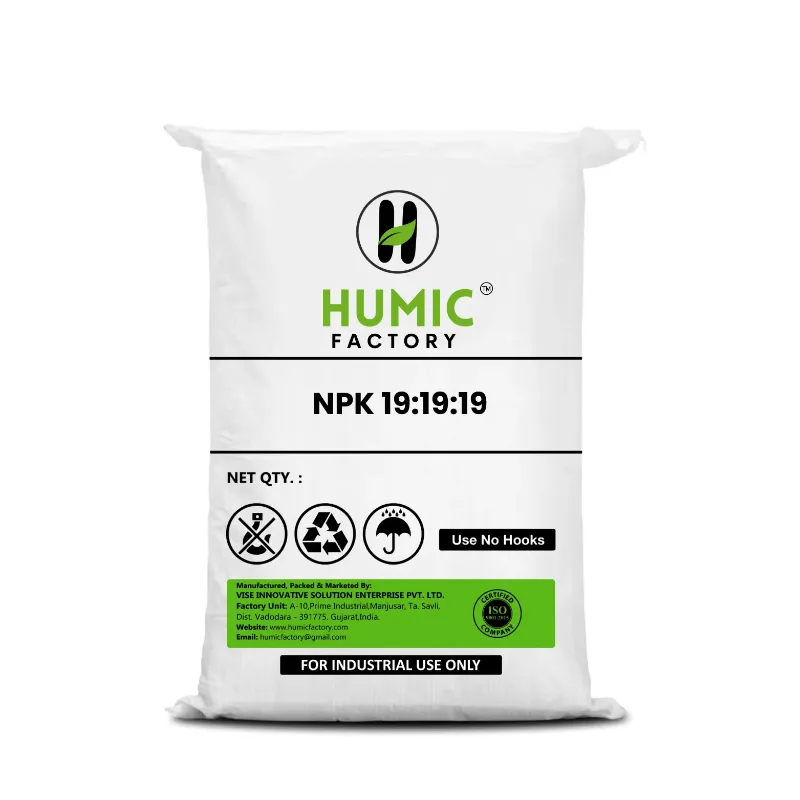Introduction
- NPK fertilizers are essential for providing plants with the primary nutrients nitrogen (N), phosphorus (P), and potassium (K).
- So understanding the different ratios of NPK fertilizer is crucial for tailoring nutrient applications to meet the specific needs of plants at different growth stages.
NPK 00 00 50 Fertilizer
- High in potassium (K), this fertilizer is commonly used to promote root development, stress tolerance, and fruit quality.
- Ideal for crops requiring a boost in flowering, fruiting, and overall vigor.
- Suitable for plants in the flowering and fruiting stages, such as tomatoes, peppers, and fruit trees.
- Enhances drought resistance and improves the quality of harvested fruits.
NPK 20 20 20 Fertilizer
- Balanced in all three nutrients (N, P, K), this fertilizer provides comprehensive plant nutrition for various crops.
- Suitable for general plant maintenance, promoting balanced growth, and supporting overall plant health.
- Widely used in agricultural settings, including field crops, vegetables, and ornamentals.
- Ensures uniform nutrient distribution and minimizes the risk of nutrient deficiencies or excesses.
NPK 00 52 34 Fertilizer
- High in phosphorus (P) and potassium (K), this fertilizer is beneficial for stimulating root development, flowering, and fruiting.
- Ideal for crops with high phosphorus demands, such as flowering annuals, bulbs, and root vegetables.
- Promotes early flowering, robust root systems, and enhanced fruit set.
- Helps improve yield and quality in crops requiring ample phosphorus and potassium for reproductive growth.
NPK 19 19 19 Fertilizer
- Provides a balanced ratio of N, P, and K, making it suitable for promoting overall plant growth and development.
- Recommended for crops requiring uniform nutrient uptake and balanced nutrition, such as grains, vegetables, and fruits.
- Supports vegetative growth, flowering, and fruiting stages, ensuring optimal plant performance throughout the growing season.
- Enhances nutrient uptake efficiency and minimizes nutrient imbalances, contributing to healthier, more productive plants.
Integration with Humic Factory Products
- Humic factory products, including humic acids and fulvic acids, complement NPK fertilizers by improving nutrient availability and soil structure.
- Humic acids enhance nutrient retention in the soil, promoting prolonged nutrient availability for plants.
- Fulvic acids facilitate nutrient uptake and transportation within plants, enhancing nutrient utilization efficiency.
- When used in conjunction with NPK fertilizers, humic factory products optimize nutrient absorption, leading to healthier, more resilient plants and improved crop yields.
Conclusion
So different ratios of NPK fertilizer cater to the specific nutrient requirements of plants at different growth stages.
By understanding the uses and applications of various NPK ratios, but it growers can effectively meet the nutritional needs of their crops, promoting healthy growth and maximizing yields.
Integration with humic factory products further enhances nutrient availability and uptake, contributing to sustainable and productive agriculture practices.





